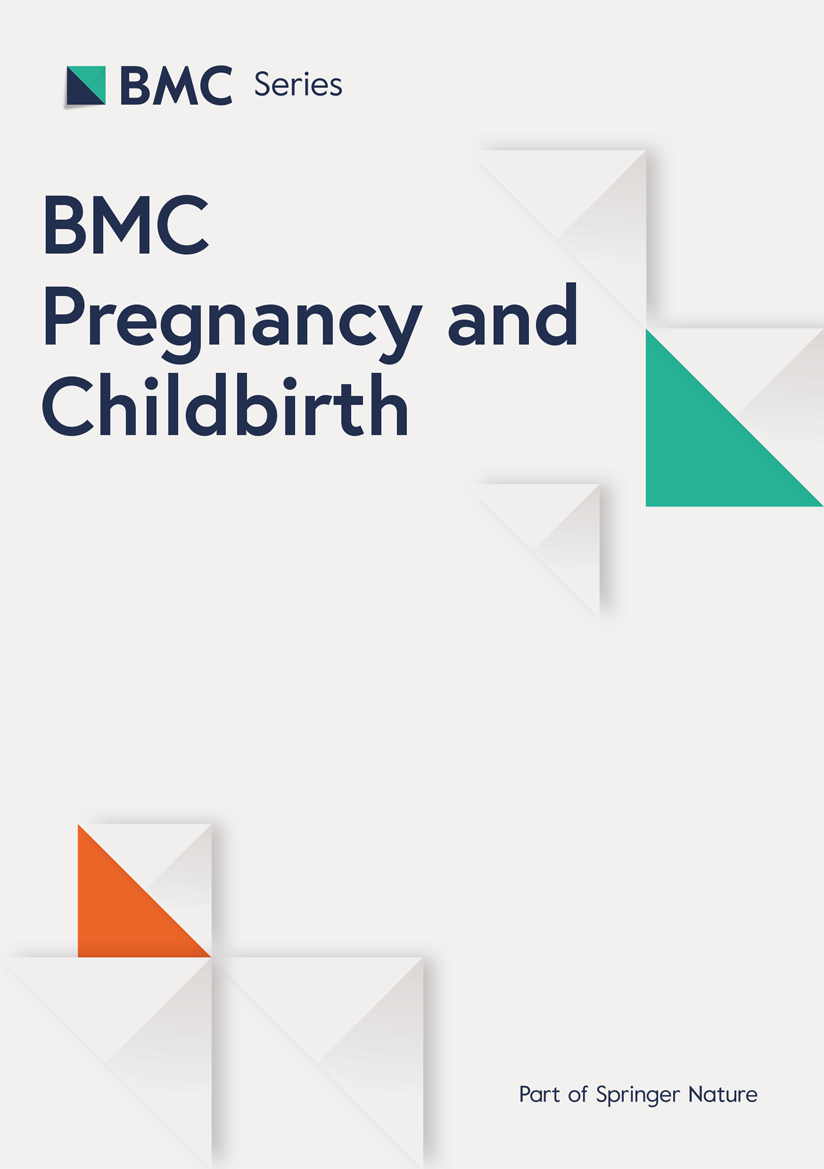Characteristics of the study participants
This study included 18 pregnant women, aged 23 to 39 years, with a mean age of 29.9 years. Among them, eight participants (44.4%) held a bachelor’s degree, and the majority (88.9%) were married. All participants were in the early to mid-stages of pregnancy, with two (11.1%) having conceived through assisted reproductive technology. These women had experienced various types of pregnancy loss, with one-third reporting a history of recurrent pregnancy loss (defined as two or more occurrences). Detailed demographic and obstetric characteristics are presented in Table 1.
Key findings
Four main themes emerged from the data analysis: (1) resilient yet hyper-vigilant emotional experiences; (2) supportive yet burdensome family dynamics; (3) advanced yet impersonal healthcare services; and (4) abundant yet complex information resources. Each theme comprises three subthemes, as outlined in Table 2.
Theme 1: resilient yet hyper-vigilant emotional experiences
All participants described feelings of joy at becoming pregnant again, yet they remained highly cautious throughout their pregnancies due to fears of recurrent loss or complications.
N1: “I’m quite apprehensive, so I bought a fetal doppler. I have a retroverted uterus, and I didn’t expect to get pregnant again so soon after the miscarriage. It feels like fate.”
N13: “I can’t sleep well at night; sometimes I dream that I’m about to give birth and suddenly the baby disappears. I wake up in a fright and touch my belly to reassure myself it was just a dream.”
Some women, shaped by previous experiences with miscarriage, induced abortion, or invasive procedures during hospitalization, reported anticipatory anxiety about routine prenatal exams and the upcoming birth.
N8: “The past curettage was too painful for me. Every time I have prenatal tests involving blood draws or other procedures, I feel fearful. Even the sight of the examination bed makes me uncomfortable…”.
N10: “Even though I changed hospitals for my prenatal care, I still feel uneasy every visit. I just want to get it over with and leave as soon as possible.”
Several participants spoke of experiencing a sense of “rebirth,” gaining a deeper appreciation of their own resilience and potential as mothers. They demonstrated notable psychological strength and looked forward to the arrival of their baby.
N7: “It wasn’t until I decided to terminate the pregnancy that I realized I wasn’t as fragile as I thought… Being a mom isn’t easy, but I’m determined to do my best.”
N12: “Life has its ups and downs. For the sake of a healthy baby, we have to push through every obstacle.”
Theme 2: supportive yet burdensome family dynamics
Following pregnancy loss, many couples became more aware of the uncertainties and vulnerabilities surrounding fertility, which often strengthened their mutual support and understanding in subsequent pregnancies.
N5: “My husband shows considerable concern for me, especially now that I’m pregnant; the financial burden rests entirely on his shoulders.”
N14: “After the miscarriage surgery, we avoided sex for a long time. He understood my situation and did all the housework.”
However, some couples experienced emotional distance, either because they faced the loss alone or held differing views and emotions about the experience. Several participants described relying less on their partners during their current pregnancy.
N4: “I went into the operating room alone, and I’m the one suffering… I don’t want to keep complaining and wear us both out.”
N15: “My husband listens when I talk, but it feels like he’s not really paying attention. He just comforts me perfunctorily each time.”
Additionally, although support from family and friends was generally valued, some remarks—often well-meaning—were perceived as insensitive or hurtful, adding to the emotional burden.
N13: “She keeps saying I have a weak constitution, blaming my health for the miscarriage. It’s really discouraging.”
N16: “I didn’t tell my family about this pregnancy right away. Their constant questions just added more pressure without solving anything.”
Theme 3: advanced yet impersonal healthcare services
Participants appreciated the technological advances and convenience in obstetric care. However, many reported heightened anxiety and confusion due to insufficient explanations from physicians when making decisions about procedures such as amniocentesis, genetic testing, or physiological monitoring.
N7: “When prenatal chromosomal and genetic tests confirmed the baby was healthy, it was a huge relief.”
N17: “When the doctor asked me to choose between non-invasive DNA testing and amniocentesis, I felt completely lost. He just mentioned the miscarriage risk with amniocentesis but didn’t give any advice.”
Moreover, many women described hesitancy to ask questions or share concerns during consultations because they felt the interactions with physicians were detached or impersonal. Notably, there were few mentions of midwifery or nursing care, suggesting limited opportunities to build meaningful relationships with these professionals.
N3: “I don’t know what’s causing my back pain or whether it will affect the baby. The doctor only said to take progesterone because there’s a miscarriage risk, and that made me very anxious.”
N4: “I have mild anxiety and headaches. The obstetrician just asked how many pregnancies and births I’d had. They didn’t seem patient enough to really listen; it felt like a rushed question-and-answer session.”
Theme 4: abundant yet complex information resources
Participants accessed information about antenatal care through various channels, including search engines, social media, medical livestreams, and official accounts. However, they often struggled to filter conflicting and overwhelming information to find what was most relevant.
N9: “There’s so much information online now. I often compare my test results with others’ posts to check if everything’s normal.”
N11: “I watch official livestreams when I can. They seem more reliable, but sometimes they’re not that helpful for my specific situation.”
Some participants also worried that healthcare providers might dismiss information sourced online, leading them to avoid discussing it during appointments.
N3: “I don’t have much medical knowledge, so I rely on the internet. But when I bring it up with doctors, they usually seem impatient.”
N15: “When I mentioned I’d read some things online, the doctor looked obviously annoyed.”
